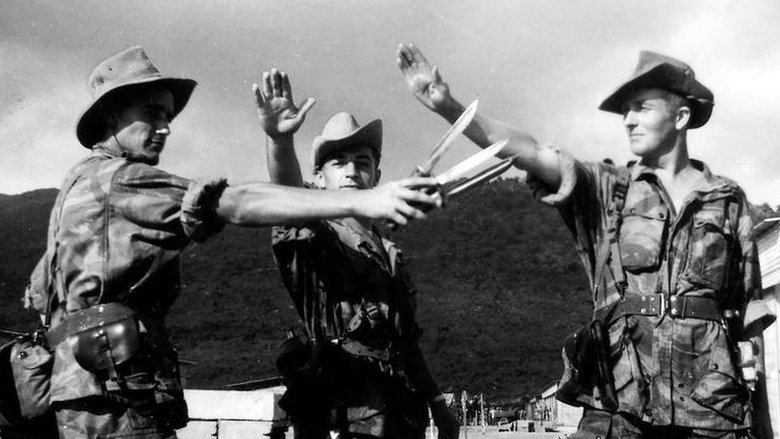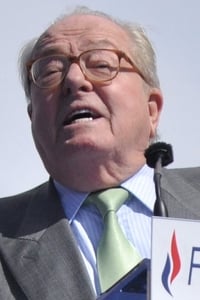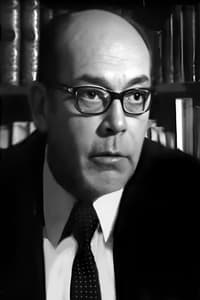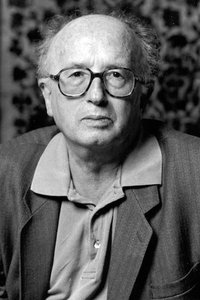À Propos De... L'autre Détail
Genres
Documentary
OverView
Documentary edited from testimonies on the torture of people who experienced the war. Some witnesses were tortured by Jean-Marie Le Pen. These testimonies will help defend the newspaper Le Canard Enchaîné in court against Jean-Marie Le Pen for defamation. The film was shown in 1985 during the trial and some witnesses also came to support the newspaper. But the 1963 amnesty law protects the politician, prohibiting the use of images that could harm people who served during the Algerian war.
Others
Budget
$--
Revenue
$--
Status
Released
Original Language
French
Runtime
50 mins
Rating
9/10
Release Date
20 September 1985
Country
France







